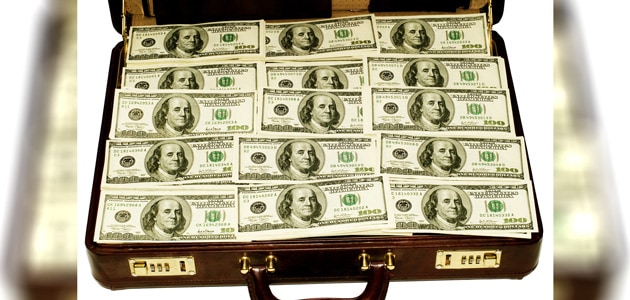Finding Assets Offshore in a Divorce

It is not uncommon for your clients to find assets offshore in a divorce. Perhaps during the ski trip to Switzerland or the dive vacation to the Cayman Islands, a spouse visited a bank and lingered a bit too long. There is a risk that the party may be discovered. The United States has cracked down on some of this evasion and various foreign banks have been disclosing the names of account holders to US authorities.
The place to start your search for foreign bank accounts is on the individual tax return — form 1040, schedule “B” (Part III Foreign Accounts and Trusts).
This section of the return must be completed if the taxpayer has more than $1,500 of taxable interest or ordinary dividends, there is a foreign account, they received a distribution from, were a grantor of, or a transferor to a foreign trust. If a taxpayer is seeking credit for taxes they have paid on income overseas, they will file Form 1116. Form 8938 (Statement of Specified foreign Financial Assets) requires that the taxpayer report foreign financial accounts. There are other tax forms required if a taxpayer has a foreign trust, a foreign business, or receives foreign gifts.
If a party has not filed the requisite tax forms, they could be looking at severe penalties.
For example, the penalty for the willful failure to file an FBAR (Foreign Bank and Financial Accounts Report), is 50% of the account value per year. A party may choose to set their house in order and take advantage of the Voluntary Disclosure Program. The client should be referred to tax professionals who can assist them in filing the correct forms and paying their past taxes and penalties. Finding assets offshore in a divorce can shine a harsh light on people’s financial affairs giving them an opportunity to set things straight. Our international family law attorneys can help with matters such as these.
